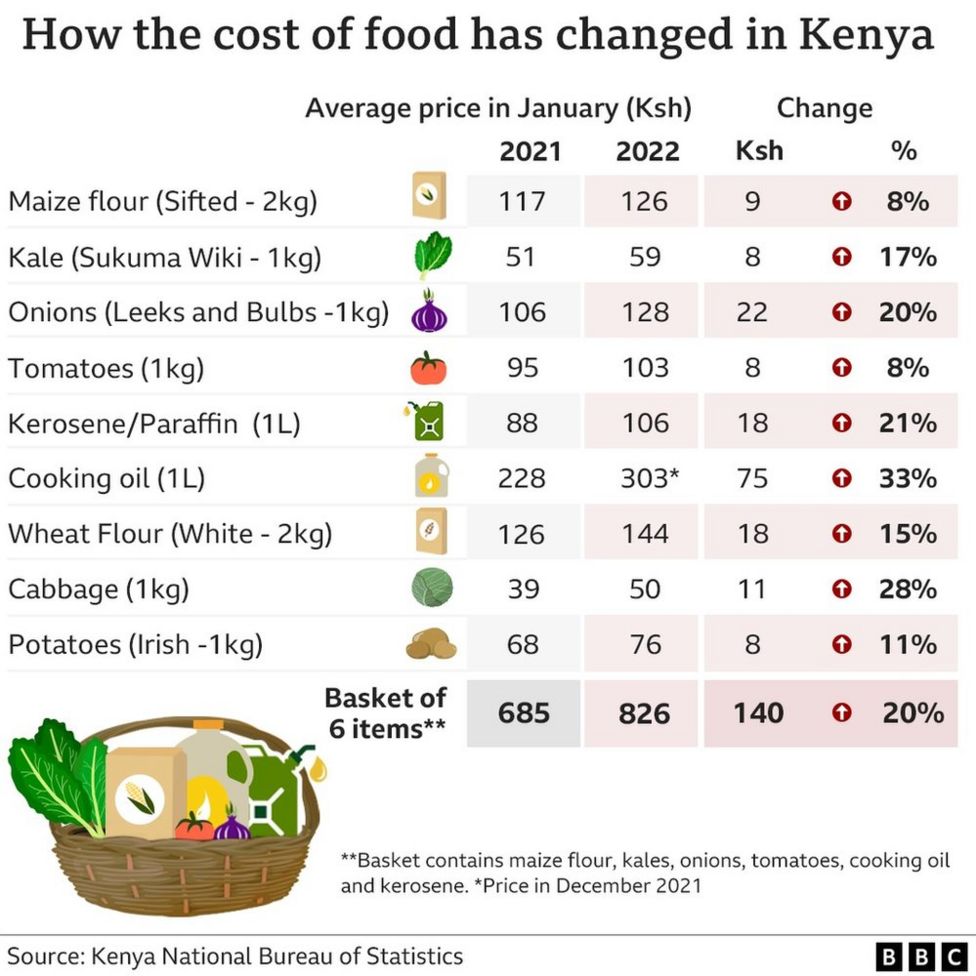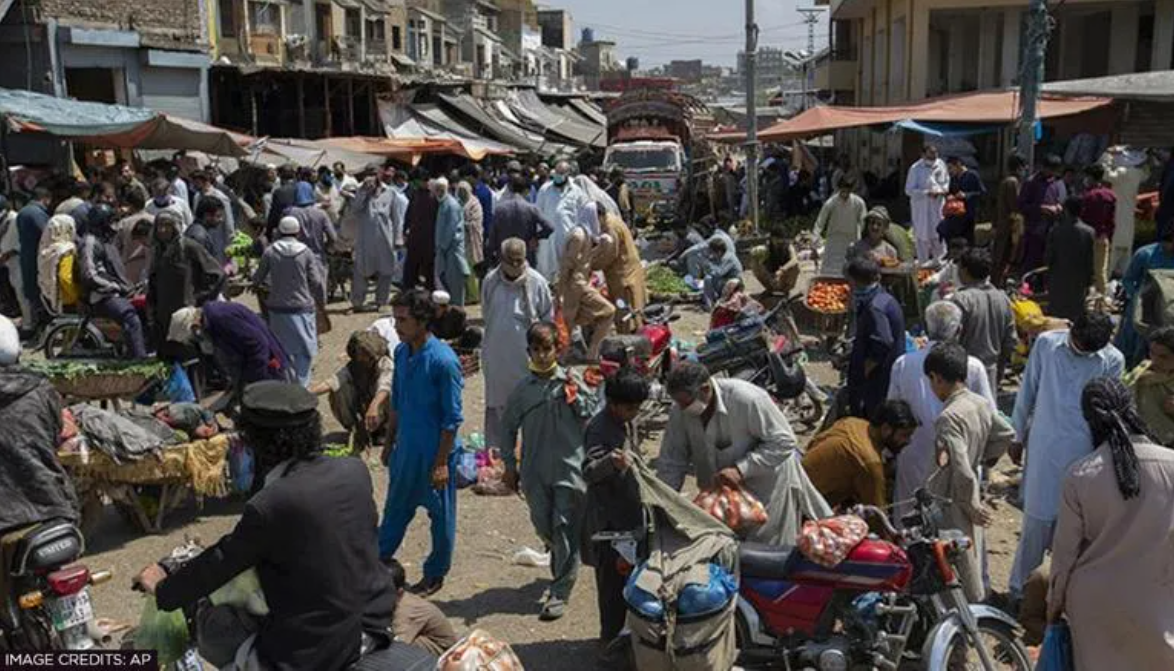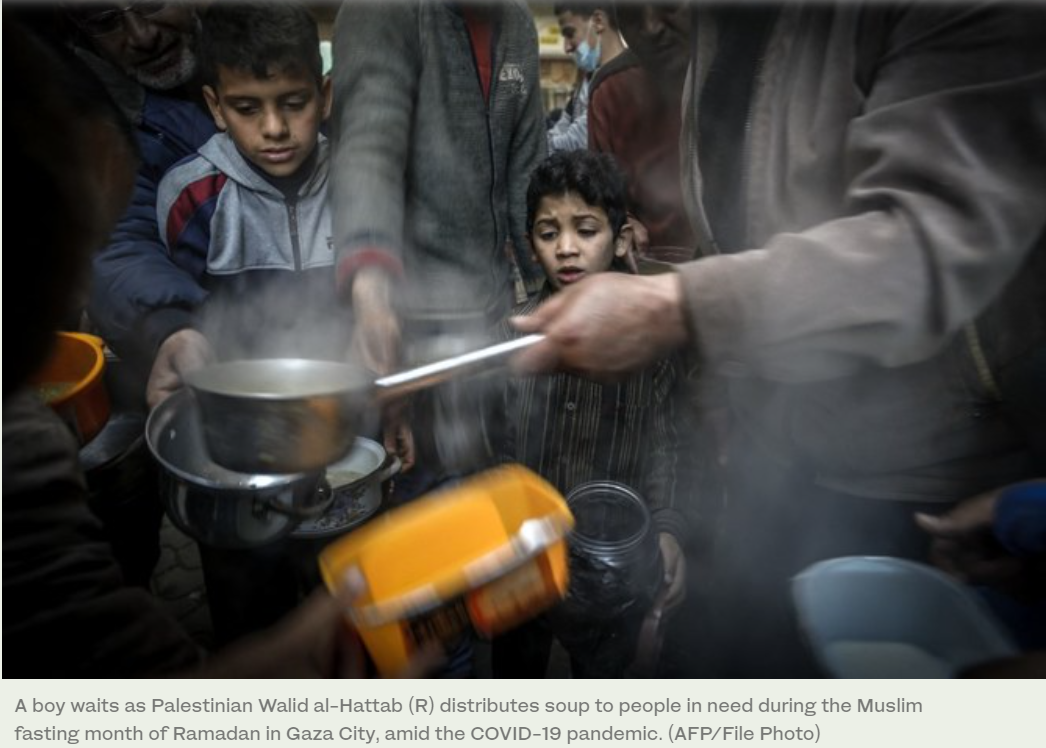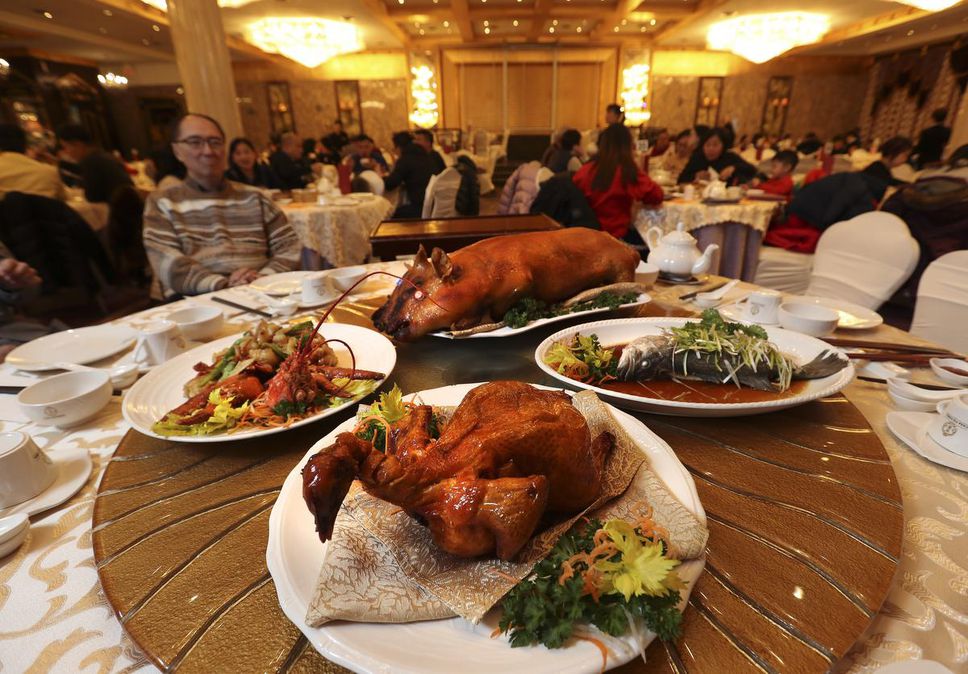03.04.2022
Food Prices Approach Record Highs, Threatening the World’s Poorest
Food prices have skyrocketed globally because of disruptions in the global supply chain, adverse weather and rising energy prices, increases that are imposing a heavy burden on poorer people around the world and threatening to stoke social unrest. The increases have affected items as varied as grains, vegetable oils, butter, pasta, beef and coffee. They come as farmers around the globe face an array of challenges, including drought and ice storms that have ruined crops, rising prices for fertilizer and fuel, and pandemic-related labor shortages and supply chain disruptions that make it difficult to get products to market. World food prices hit a record high in February, led by a surge in vegetable oils and dairy products, to post a 20.7% increase year-on-year, the U.N. food agency said on Friday. Higher food prices have contributed to a broader surge in inflation as economies recover from the coronavirus crisis and the FAO has warned that the higher costs are putting poorer populations at risk in countries reliant on imports. The global increases in food prices rightly cause some serious concerns about food insecurity, especially for residents of developing nations that are in poverty. There are ways to create positive change to prevent crises from occurring again. Nations should concentrate on providing food to their citizens in need and high-income countries must prioritize the lives of the hungry abroad and domestically.
Poverty deprives people of adequate education, health care and of life's most basic necessities- safe living conditions (including clean air and clean drinking water) and an adequate food supply. The developed (industrialized) countries today account for roughly 20 percent of the world's population but control about 80 percent of the world's wealth.
Poverty and pollution seem to operate in a vicious cycle that, so far, has been hard to break. Even in the developed nations, the gap between the rich and the poor is evident in their respective social and environmental conditions.
Poverty and pollution seem to operate in a vicious cycle that, so far, has been hard to break. Even in the developed nations, the gap between the rich and the poor is evident in their respective social and environmental conditions.

















